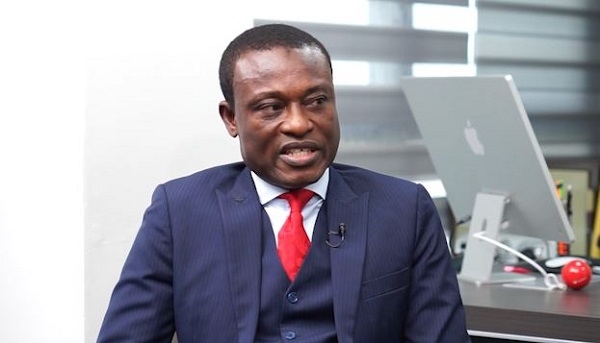NMA urges Sanwo-Olu to raise health workers' retirement age
The Nigerian Medical Association (NMA), Lagos State branch, has called on Governor Babajide Sanwo-Olu to immediately approve the implementation of an increase in the retirement age for healthcare workers from 60 to 65 years as a measure to curb the impact of the ongoing mass exodus of medical professionals.
In a letter by NMA Lagos Chairman, Dr. Saheed Babajide Kehinde, and Deputy Secretary, Dr. Olusola Temiloluwa Soyinka, the association emphasised that raising the retirement age would help retain experienced doctors and mitigate the widening gap caused by the migration of medical professionals abroad.
The appeal follows the approval by President Bola Ahmed Tinubu for the increment in retirement age across the health sector, a move the NMA says must be domesticated and urgently implemented by state governments, especially Lagos, Nigeria’s commercial and medical hub.
According to the NMA, Lagos currently has about 8,000 doctors serving an estimated 30 million residents—an alarming ratio worsened by the continuous brain drain in the health sector.
Kehinde explained that “the healthcare system is facing an emergency. With population numbers rising, infrastructure can be built, but who will man it? The professionals are leaving. If the government does not retain those who are still here, the system will collapse.”
He lamented that many experienced doctors are forced into premature retirement or re-engaged on contract terms that undermine their dignity and limit their effectiveness.
“The current policy forces doctors to retire at the peak of their experience, around age 60, when they are most valuable in terms of skill and mentorship. Instead of reaping the fruits of their training, they are either pushed out or recycled as contract staff,” he said.
Kehinde further criticised the approach of expanding medical school admissions as a solution to brain drain. He noted that while more doctors are being trained, many are still leaving the country shortly after graduation due to poor working conditions and a lack of incentives.
Kehinde added that Lagos State has successfully implemented similar retirement age extensions for teachers, lecturers, and judicial workers, and there is no reason health workers should be excluded.
“The health sector should not be left behind. Lagos is the centre of excellence. If the healthcare system collapses here, it is a reflection of the entire country,” he warned.
He emphasised that retaining experienced personnel would not only address staffing gaps but also promote mentorship, uphold professional dignity, and alleviate the burden of recruiting and training new personnel under duress.
Kehinde also decried the growing crisis facing young medical graduates in securing hospital placements for their mandatory one-year internship, describing the situation as “a ticking time bomb.”
He noted that despite increasing enrollment in medical schools across the country, there has been no corresponding expansion in the number of accredited hospitals to absorb graduates for internship, a key requirement for their professional licensing.
“Doctors have graduated for over a year, some close to two years, and are still roaming around looking for where to do their internship. It’s becoming a serious problem,” he lamented.
According to him, while Lagos State has made efforts to increase the number of accredited centres—adding a few general hospitals to the previously limited list that included Gbagada General Hospital, Lagos University Teaching Hospital (LUTH), and the Federal Medical Centre (FMC)—the slots available are grossly inadequate compared to the volume of graduates being churned out.
“Many of these centres only take 20 or 30 interns at a time. Yet, every medical school, both public and private, is expanding its student intake. When they graduate, where do they go?” he queried.
Kehinde criticised government planning, saying it is “uncoordinated and unsustainable” to expand training institutions without a structured internship pipeline in place.
“You can’t train a student for six years and then abandon them to scramble for internship slots like they’re begging for jobs,” he said.
He noted that the doctors are stranded and frustrated, pointing out that the system is not thinking ahead.
He warned that unless urgent steps are taken to accredit more hospitals and create structured internship placement systems, Nigeria may witness a further breakdown in healthcare service continuity and even higher rates of brain drain.
“We are producing doctors we cannot absorb. What message are we sending to these young professionals? That they are not needed?” he asked.
He appealed to federal and state governments, as well as the Medical and Dental Council of Nigeria (MDCN), to urgently prioritise internship infrastructure and make it a central part of healthcare and education policy.
“If we don’t fix this bottleneck now, we will be losing even more doctors to Japa before they ever get a chance to serve the country,” Kehinde warned.
He urged the Lagos State government to act swiftly in implementing the policy in line with the Federal Government’s THEME-PLUS agenda and national healthcare reform efforts.
“Let those who have chosen to serve their country be allowed to serve with dignity and retire with honour,” the letter read.










